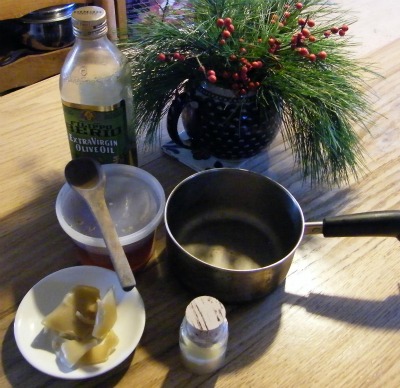
Photo Credit
Pixabay
Subhead
Homemade Lip Balm with Beeswax
More Like This
Hi there! I’m wondering how many tubes this recipe makes
Thank you!!
Thank you for your excellent News
Thanks for sharing – so easy and very similar to my lip balm I just ran out of. Will be making it again soon!. I have also read an article on "hnh style" about making lip balm at home. It was really helpful.
Hey I've been making a lip balm from local beeswax and cold pressed rapeseed oil with vitamin E, (had tried Olive oil but people complained the oil smell was too strong) and ive a few people come back and say its drying out their lips have you any recommendations on what could be added to stop this?
Thanks
I love making lip balms and I use those pretty golden tins as shown in your post. Your recipe is a fine one and will work very well for anyone who makes it. Here in Florida, I have to add a bit more beeswax for these in the summer, but I'd make it just like you did for the cooler days.
Dear Ms. Boyles!
Thank you so much for this recipe! I buy lip balm from our local honey man's Thai wife - she says that she uses a traditional Thai recipe and mixes coconut oil and beeswax, and it the favorite lip balm of all time for me and my son! It is wonderful, and so great obviously that it is not petroleum-based!
So to the commenter asking about coconut oil -- yes, it working fantastically!
We will get some beeswax from them and starting making our own! She charges $2 per little stick of it, so this way we will be able to save tons of money!
Warm greetings from Washington State from
Krysiulek
Can I use coconut oil for all of the oil content for this balm?
Recipe looks simple enough and I'm looking forward to making some to use for our freezing weather here as of late. Thanks,
Irene
- « Previous
- 1
- 2
- …
- 10
- Next »











Comments